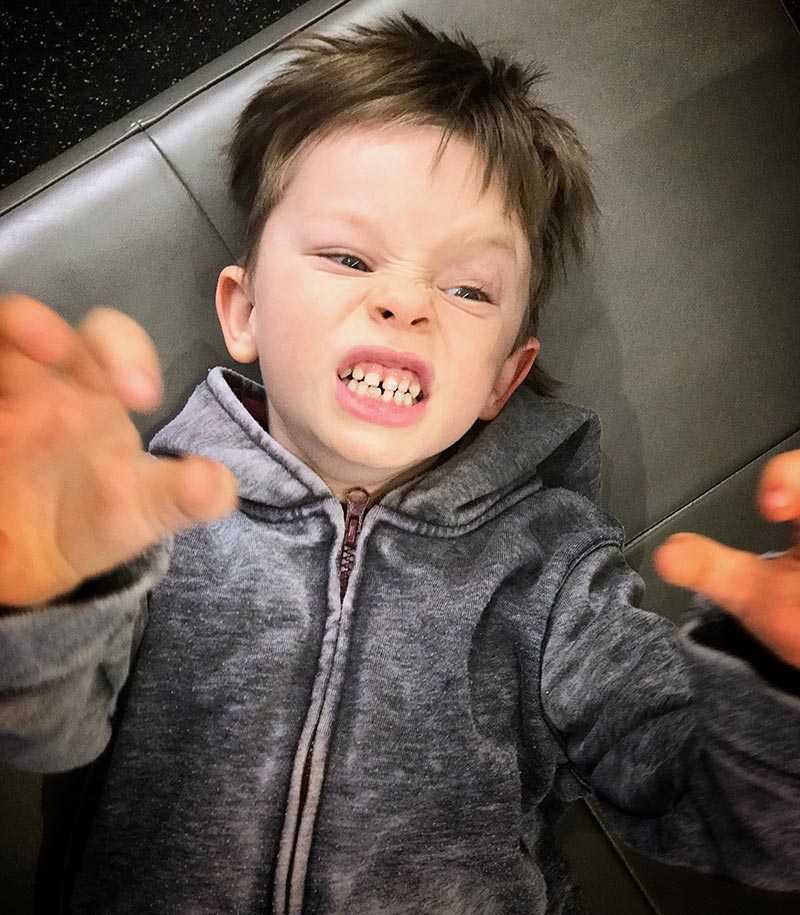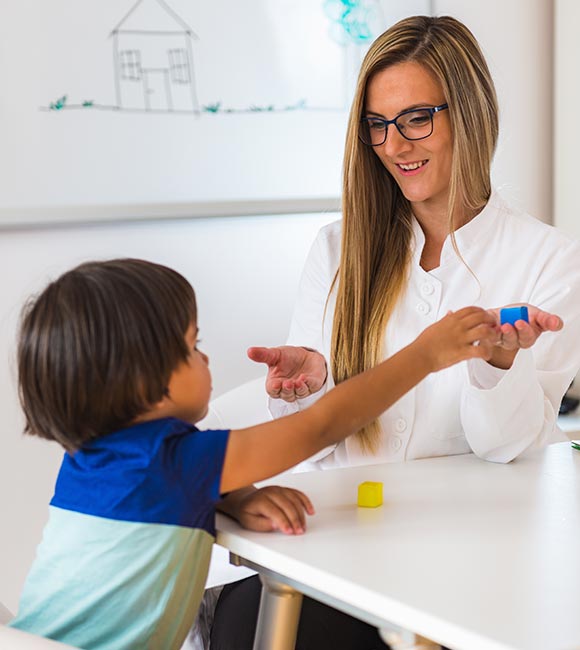Conduct Disorder (CD) is a serious behavioral condition that typically affects children and adolescents, characterized by persistent patterns of aggressive, defiant, or antisocial behavior. Individuals with CD may show a lack of regard for the rights of others, display disruptive behaviors, or engage in actions that violate societal rules. This disorder can significantly impact relationships, school performance, and overall emotional well-being, making early intervention critical.
Understanding Conduct Disorder (CD)

Signs and Symptoms of Conduct Disorder
Recognizing Conduct Disorder early on is key to providing the necessary support. Common symptoms may include:
- Aggression towards others: Physical fights, bullying, or cruelty toward people or animals
- Destructive behaviors: Vandalism, property damage, or setting fires
- Deceitful behaviors: Lying, stealing, or manipulating others
- Violating rules or laws: Repeatedly breaking rules at school, home, or in the community
- Disregard for authority: Defiant behavior towards adults, including parents, teachers, or other authority figures
- Lack of empathy: Limited or no remorse for actions that cause harm to others
If your child or adolescent is exhibiting any of these behaviors, it’s important to seek professional support to address and manage the symptoms of Conduct Disorder.
Causes and Risk Factors of Conduct Disorder
The causes of Conduct Disorder are complex and may involve a combination of genetic, environmental, and psychological factors. Some common risk factors include:
- Family History of Mental Health Disorders: Children with a family history of conduct disorder, antisocial behavior, or other mental health issues are at an increased risk.
- Childhood Trauma or Abuse: Children who experience physical or emotional abuse, neglect, or instability in the home may develop disruptive behaviors.
- Negative Peer Influences: Associating with peers who engage in antisocial or delinquent behaviors may contribute to the development of CD.
- Brain Function and Chemical Imbalances: Certain neurological factors, including problems with impulse control and aggression regulation, can contribute to CD
How Conduct Disorder Counseling Can Help
Conduct Disorder can be challenging for both children and their families. Our experienced therapists offer evidence-based strategies to address the underlying causes of the disorder and help children develop healthier behavioral patterns. Through counseling, we can help your child:
- Improve impulse control: Learn strategies to manage aggression and frustration.
- Develop social skills: Improve interactions with peers, teachers, and family members.
- Increase empathy: Develop an understanding of how their actions affect others.
- Strengthen family dynamics: Enhance communication and problem-solving within the family to better support the child’s needs.
Therapeutic Approaches We Use
Our therapists use a range of therapeutic techniques to address the symptoms and root causes of Conduct Disorder:
- Cognitive Behavioral Therapy (CBT): Helps children identify and change negative thought patterns and behaviors, replacing them with healthier coping strategies.
- Parent-Child Interaction Therapy (PCIT): Focuses on improving the relationship between parents and children by teaching parents effective discipline techniques and how to reinforce positive behaviors.
- Behavioral Therapy: Reinforces positive behaviors and discourages harmful or destructive behaviors through a reward-based system.
- Family Therapy: Addresses family dynamics and helps parents and siblings better understand how to support the child in overcoming their behaviors.

Why Choose Westlake Consultation Center?
At Westlake Consultation Center, we specialize in helping children and adolescents with Conduct Disorder. Our compassionate team of licensed therapists is committed to working closely with both the child and their family to create a supportive environment for growth and healing. With a focus on developing healthier coping mechanisms, improving relationships, and fostering emotional growth, we guide children toward more positive, adaptive behaviors that will benefit them in the long term. Contact us today to schedule a consultation and take the first step toward positive change.


